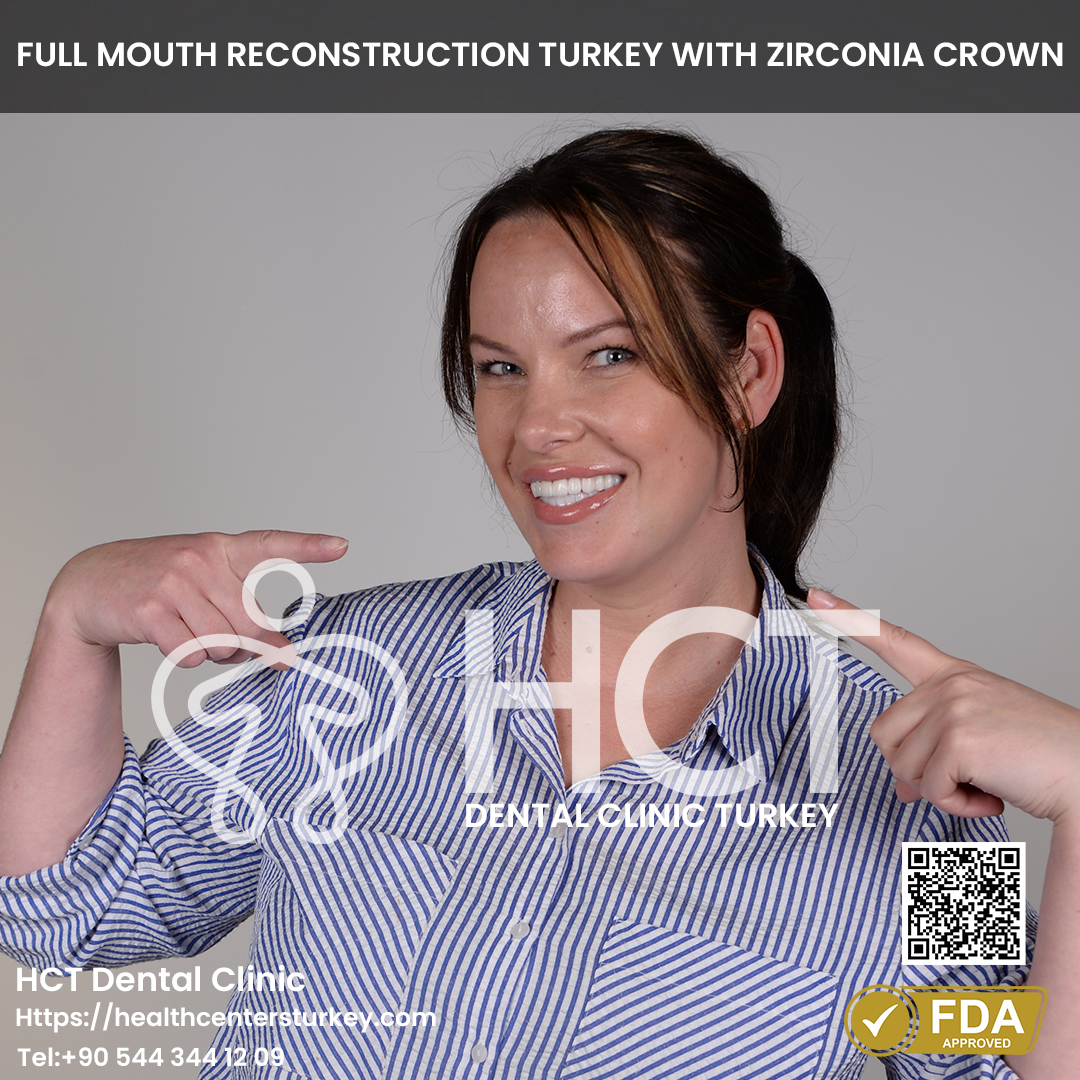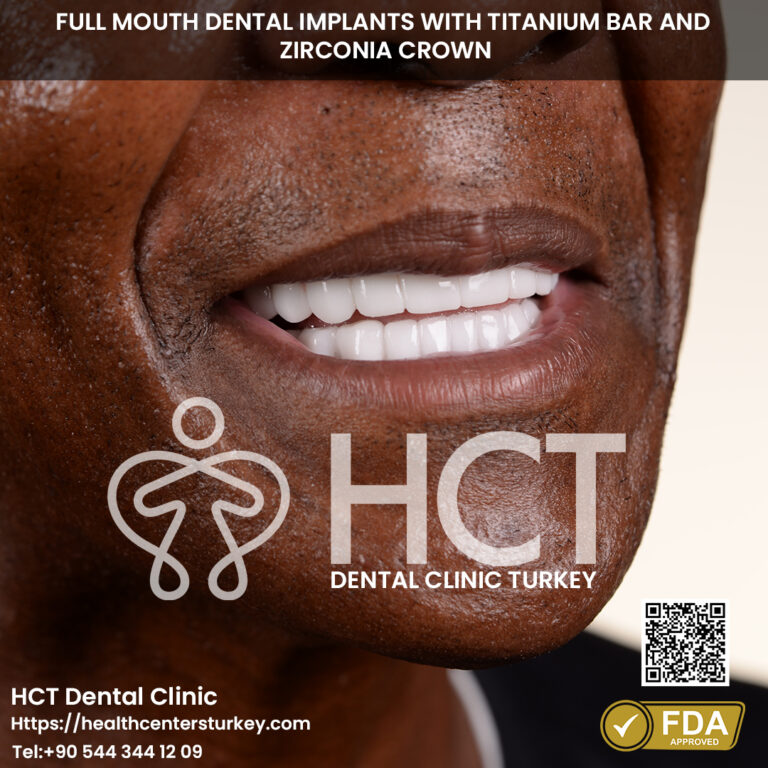Personalized Smile Solutions in Turkey

Dental implants have become a focus in modern dentistry, providing a reliable answer for these dealing with tooth loss. Among the a number of advantages they provide, one significant facet worth considering is their impact on adjacent teeth. Understanding how dental implants affect surrounding teeth aids in making informed selections about oral health.
When a tooth is misplaced, neighboring teeth can simply shift towards the space left behind. This motion can result in misalignment, which compromises the overall chew and performance of the mouth. Dental implants mimic natural tooth roots, thereby maintaining the place of adjacent teeth.
Transformative Dental Care Experiences for Travelers
The stability offered by an implant is essential, as it helps in preserving not simply the physical alignment but in addition the structural integrity of the jawbone. When a tooth is missing, the underlying bone can begin to deteriorate due to lack of stimulation. An implant exerts stress on the bone during chewing, much like a natural tooth, which promotes bone health.
In some cases, a bridge or partial denture may be thought-about as an alternative choice to implants. While these options could restore some performance, they can place extra stress on neighboring teeth. Bridges often require filing down the surrounding teeth to accommodate the anchors, thereby affecting their health over time. Dental implants, however, don't alter existing teeth, making them a extra conservative choice.
Comprehensive Cosmetic Dentistry located in Antalya
Hygiene turns into one other critical factor when considering adjacent teeth within the context of implants. With dental implants, the individual can maintain a daily hygiene routine much like natural teeth. Flossing and brushing across the implant are easy, ensuring that the gum tissue remains healthy and minimizing the chance of gum disease that might adversely affect adjacent teeth.
Moreover, the materials used in dental implants are biocompatible. This means they're designed to combine nicely with the physique, reducing the chances of an adverse reaction. This attribute not only makes the implant protected but in addition protects close by teeth from potential points that might come up due to contamination or infection.
In terms of aesthetics, dental implants offer a natural look and feel, closely resembling authentic teeth. Adjacent teeth profit from this aesthetic enchantment as properly. When an implant is positioned, the encircling gum tissue may be formed to imitate natural contours, thereby enhancing the general appearance of the smile. This aesthetic issue can encourage people to put cash into their oral care routines, benefiting each the implants and adjacent teeth in the long term.
Comprehensive Dental Packages Featuring Implants
Another concern is the potential for gum disease, which can affect the health of adjacent teeth. Gum disease can occur when plaque builds up around teeth and implants. Regular dental visits and appropriate oral hygiene can mitigate this top article concern. The presence of implants also can serve as a motivator for better dental hygiene practices, as individuals become more conscious of sustaining their total mouth health.
Studies have shown that dental implants can contribute to a significant improvement in quality of life. Patients usually expertise elevated confidence and are much less hesitant to smile or have interaction in social interactions. A wholesome and well-maintained smile indirectly promotes better take care of adjacent teeth, as people are most likely to turn out to be more aware of their total oral hygiene.
One often-overlooked side is the psychological impression of dental implants on sufferers. Knowing that implants supply long-term solutions can ease the anxiety related to tooth loss. With fewer worries about future tooth shifts, sufferers usually tend to invest time and effort into caring for his or her teeth, which includes adjacent teeth.
In conclusion, dental implants function more than only a answer for missing teeth; they play a pivotal role in sustaining the health and integrity of adjacent teeth. From stopping misalignment to promoting gum health and enhancing aesthetics, the advantages are manifold. By opting for implants, individuals can't only restore performance but in addition foster a healthier oral setting for surrounding teeth. The psychological and aesthetic benefits further contribute to an general enhanced quality of life.
Remarkable Dental Services Focused on Patient Comfort
In the long term, understanding how dental implants affect adjacent teeth can information people in making empowered choices concerning their dental health. The integration of these implants into the mouth acts as a stabilizing drive, safeguarding both the bodily alignment and functionality of neighboring teeth, whereas promoting a long-lasting, wholesome smile.
- Dental implants typically don't exert pressure on adjacent teeth, sustaining their integrity and lowering the danger of shifting or misalignment.
- The placement of an implant often encourages higher oral hygiene habits, positively influencing the health of adjacent teeth by way of improved cleaning practices.
Explore Budget-Friendly Dental Care in Turkey
- In some instances, dental implants can stimulate the surrounding bone, which helps preserve the natural teeth's place and general dental structure.

- The gap left by missing teeth can result in bone loss; dental implants can prevent this, thereby protecting adjacent teeth from potential problems.
- Exceptional Teeth try these out Treatments Available to International Patients in Turkey
Elevating Care Standards in Turkish Dental Clinics
- By restoring the operate of a missing tooth, implants help distribute bite forces evenly, lowering put on and stress on neighboring teeth.

- Properly placed dental implants can act as a support structure, preventing undesirable motion of adjacent teeth ensuing from tooth loss.
- The presence of an implant could improve the aesthetic appearance of surrounding teeth by filling in gaps and supporting facial structure.
Achieve A Perfect Smile with Affordable Treatments in Turkey
- Dental implants eliminate the necessity for adjacent teeth alteration, unlike bridges, which require reshaping the close by teeth for assist.
- Implants additionally cut back the chance of gum disease in comparability with different tooth replacement choices, indirectly benefiting adjacent teeth by promoting overall oral health.
Achieve Your Desired Teeth Look with Expert Care from Turkey's Dental Clinics.
- Long-term success of dental implants is linked to the health of surrounding teeth, emphasizing the significance of regular dental check-ups and maintenance.
How do dental implants have an effect on adjacent teeth?
Advanced Dental Technologies to Suit Your Needs
What are dental implants and the way do they work with adjacent teeth?undefinedDental implants are artificial tooth roots placed into the jawbone to help replacement teeth. They don’t affect adjacent teeth directly, as they are independent constructions. Instead, they may help keep the integrity of surrounding teeth by preventing bone loss.
Can dental implants cause injury to adjacent teeth?undefinedIf placed correctly, dental implants mustn't hurt adjacent teeth. However, improper placement can lead to issues like misalignment or strain, emphasizing the significance of selecting an experienced dental professional.
Will dental implants promote bone development round adjacent teeth?undefinedYes, dental implants help stimulate the jawbone, which can encourage bone growth. This can benefit adjacent teeth by sustaining bone density and stability in the area.
Enhance Your Smile with Dental Implants in Turkey
Should I fear about gum disease affecting adjacent teeth after getting an implant?undefinedGood oral hygiene is crucial after getting an implant. Gum disease can still have an result on adjacent teeth, however a properly maintained implant doesn't enhance that risk. Regular dental visits might help monitor and maintain gum health.
What occurs to adjacent teeth if I lose a dental implant?undefinedIf a dental implant fails or is misplaced, adjacent teeth may shift as a result of adjustments in chew alignment and support structure. This may result in misalignment or additional tooth loss if not addressed.
Are there any particular care requirements for adjacent teeth after getting implants?undefinedMaintaining good oral hygiene practices, including common brushing, flossing, and dental check-ups, is important for each dental implants and adjacent teeth to stop decay and gum disease.
Revitalize Your Smile with Advanced Dental Technology
Do dental implants assist help adjacent teeth when chewing?undefinedAbsolutely. Implants can improve total bite operate, which may alleviate stress on adjacent teeth during chewing. This can result in higher distribution of forces, promoting oral health.
How can I prevent issues with adjacent teeth and implants?undefinedConsistent dental care, together with skilled cleanings and examinations, regular brushing and flossing, and following your dentist’s aftercare directions, are key to preventing complications.
Can adjacent teeth transfer if I have a dental implant?undefinedAdjacent teeth may transfer if they are not well-supported, especially after tooth loss. A dental implant helps preserve the structure, reducing the chance of shifting teeth.